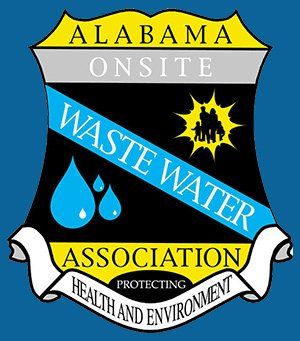Are you experiencing a sewage backup, slow drainage, or a pungent smell around the drain field? Perhaps the grass around your septic drain field is more lush and green than the rest of the yard. If you've noticed any of these signs, you might need to pump your septic tank.
To avoid hazardous and expensive septic system failures, pump your septic tank regularly. For homeowners, a septic tank pump job should happen every three to five years. However, this time frame will depend on the tank size and the number of occupants in the household.
From cost savings to better health, septic tank pump-outs offer numerous benefits. This guide enlightens you on the benefits of septic tank pumping.
Prevent Damage
Failure to pump the septic tank can result in mechanical and physical damage to the system. For instance, the waste could overwhelm and crack the outlet and inlet pipes if the excess sludge is not removed. Also, the excess waste could block the septic system and cause sewage back-ups in your sinks, toilets, and bathtubs. You will pay so much more to fix these issues than you'd have paid to empty the tank.
Regular pump-outs will prevent overfill, clogs, and blockages in the septic system. Also, the pump jobs will not only improve your system's overall efficiency but will also help to avoid extensive system damage.
Protect Your Family
The level of care you provide to your septic tank will correspond to the health of your household and surrounding environment. A brimming septic tank creates a health hazard to your household, neighbors, and even animals. For instance, sewage backup in your home or groundwater contamination can cause bacterial or viral diseases like typhoid, cholera, and rotavirus.
Also, if the septic tank is full, gas will build up in the chamber to produce dangerous fumes with ammonia, hydrogen sulfide, nitrogen dioxide, and carbon monoxide. The pungent smells produced aren't only unpleasant but also hazardous. These fumes can be poisonous even in small concentrations to cause shortness of breath, eye irritation, and worsened asthma symptoms. In high concentrations, the fumes can cause organ damage and even death.
To keep your loved ones and neighbors safe, make sure to pump your septic tank at the right time. If you're not sure, contact a septic tank contractor who will conduct an inspection and advise whether you need to get the septic tank pumped.
Protect Your Property
An overfilled or clogged septic tank can wreak havoc in your home. If the wastewater and sludge flood your yard or house, you can incur costly property damages. To avoid these issues and protect your property, empty your septic tank regularly.
Save Money
Overfull septic tanks can easily lead to system malfunctions or failure. In such cases, some septic system components may be faulty and require repair or replacement. If the damage is extensive, the whole system may need a replacement and cost you thousands of dollars.
Also, since an overfilled septic tank will cause damage to other structures such as your landscaping and home, the repair costs might be astronomical. And don't forget the medical expenses if you or your family member falls sick due to the health hazard presented by an overflowing septic system.
Avoid all these expenses through regular pump jobs of your septic tank. While septic tank pump-out will cost you money, you avoid a lot of issues to save in the long run. Also, you only need to empty your septic tank once every few years. Proper maintenance is key for optimal functioning and avoiding costly damages to your septic system.
Regular septic pumps can help prevent damage, prolong the system's lifespan, and improve performance. If you need any septic system services, Allen Turner Septic Tank Service can help.

